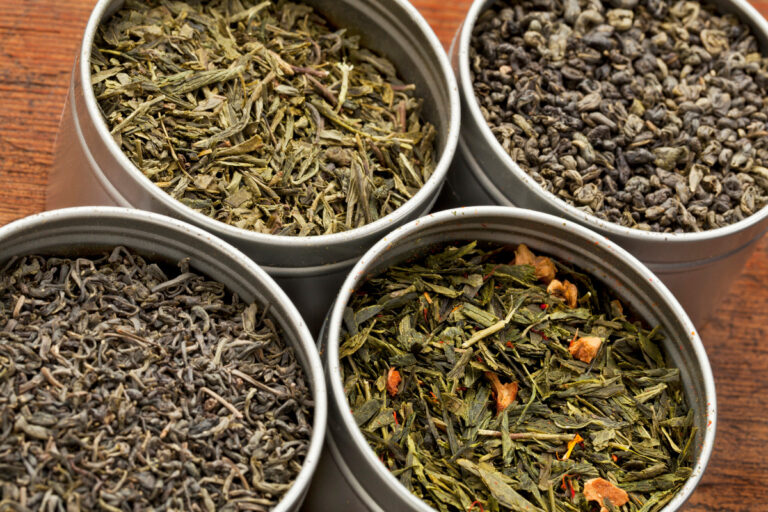Organic tea is tea that is grown, harvested, and processed without the use of synthetic fertilizers, pesticides, or other artificial chemicals. Instead, organic tea relies on natural methods and organic farming practices that focus on maintaining soil health, biodiversity, and sustainability. This type of farming often uses compost, natural pest deterrents, and crop rotation to protect tea plants and promote healthy growth.
The certification of organic tea is regulated by various organizations worldwide, such as the USDA Organic in the United States or the EU Organic Certification in Europe. Certified organic tea must meet specific standards that vary by country, but they generally require adherence to environmentally friendly agricultural practices and a commitment to avoiding genetically modified organisms (GMOs).
The meaning of organic tea extends beyond just the absence of chemicals. It aligns with broader values of health, sustainability, and environmental consciousness. By drinking organic tea, consumers often aim to support ethical practices, reduce their exposure to potential toxins, and contribute to environmentally sustainable agriculture.

